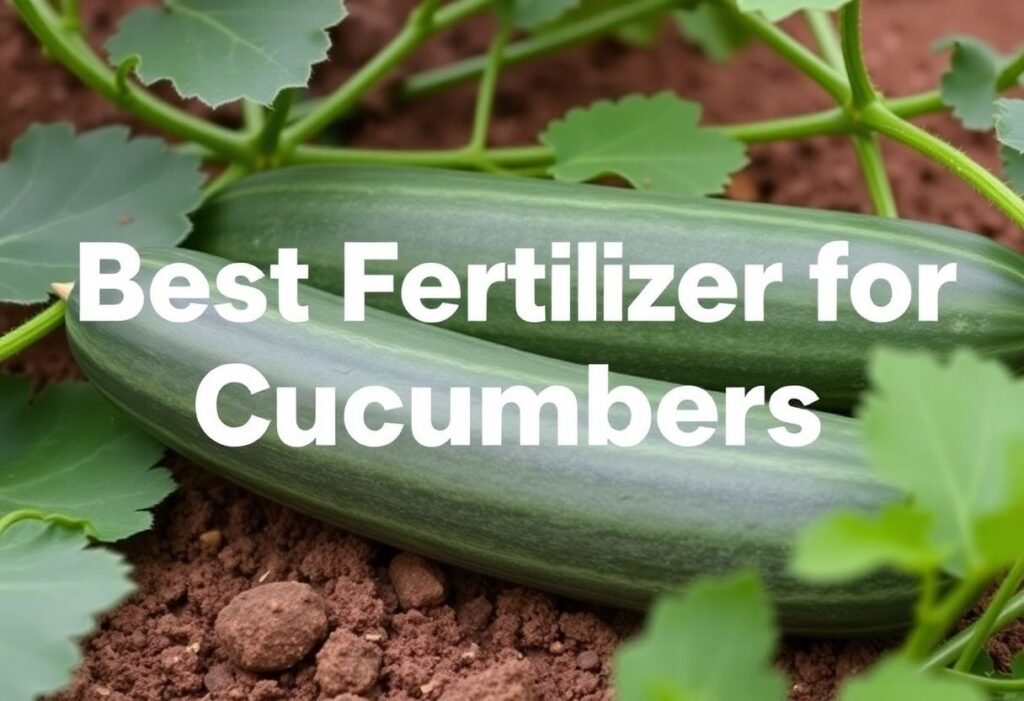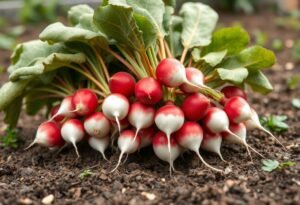Choosing the Right Fertilizer for Cucumbers
The first step towards bountiful cucumber harvests is using the best fertilizer for cucumbers. With an overwhelming number of options available, selecting the right fertilizer can be daunting. Typically, fertilizers come in organic, natural, or chemical forms. Organic fertilizers, such as compost or manure, provide essential nutrients and enhance soil structure, making them fantastic choices for home gardens.
Organic vs. Chemical Fertilizers
Among the myriad of products on the market, you’ll find both organic and chemical best fertilizers for cucumbers. Organic fertilizers are environmentally friendly and improve soil quality, while chemical fertilizers may act faster but can have long-term adverse effects on plant health. Thus, considering organic options is often beneficial, especially in domestic gardens.
Essential Nutrients for Cucumbers
For cucumbers to thrive, three primary nutrients are essential: nitrogen, phosphorus, and potassium. The best fertilizer for cucumbers should contain the right balance of these elements. Nitrogen promotes healthy leaf growth, phosphorus supports root development, and potassium enhances plants’ resilience and fruit quality, making them crucial in your fertilizer selection.
How to Apply Fertilizer to Cucumbers?
Proper application of fertilizer is critical to your gardening success. The best fertilizer for cucumbers should be used according to the manufacturer’s recommendations. It can be applied through water solutions or by directly incorporating it into the soil. Additionally, fertilizing during specific growth stages, especially during flowering and fruit formation, can significantly impact overall yield.
Fertilizing Through Different Growth Stages
Cucumber growth occurs in several phases, so applying the best fertilizer for cucumbers should align with their changing needs. During the vegetative growth stage, fertilizers rich in nitrogen are advisable, while higher potassium content is better during the flowering and fruiting stages.
The Impact of Soil pH on Cucumber Growth
Another crucial factor affecting the efficiency of fertilization is soil pH. The best fertilizer for cucumbers will be more effective in soil with a pH ranging from 6 to 6.8. Soil that is too acidic or too alkaline can restrict nutrient availability, so testing soil pH before fertilization is wise to ensure it meets your plants’ needs.
Natural Alternatives to Fertilizers
For those who prefer a more natural approach to gardening, there are plenty of alternatives to traditional fertilizers. The best fertilizer for cucumbers can even be homemade from natural ingredients like vegetable cooking water, coffee grounds, or wood ash. Not only are these methods effective, but they are also eco-friendly and budget-friendly.
Conclusion
Ultimately, to enjoy juicy, healthy cucumbers, using a good fertilizer is essential. The right choice can significantly affect your plant’s quality and yield. Invest in the best fertilizer for cucumbers and don’t hesitate to experiment! Your plants will surely thank you for it. Always monitor their needs regularly and adjust your fertilization strategies according to their growth stages.
Disclaimer
This text is for informational purposes only. Always consult manufacturer instructions and recommendations before using fertilizers.

















